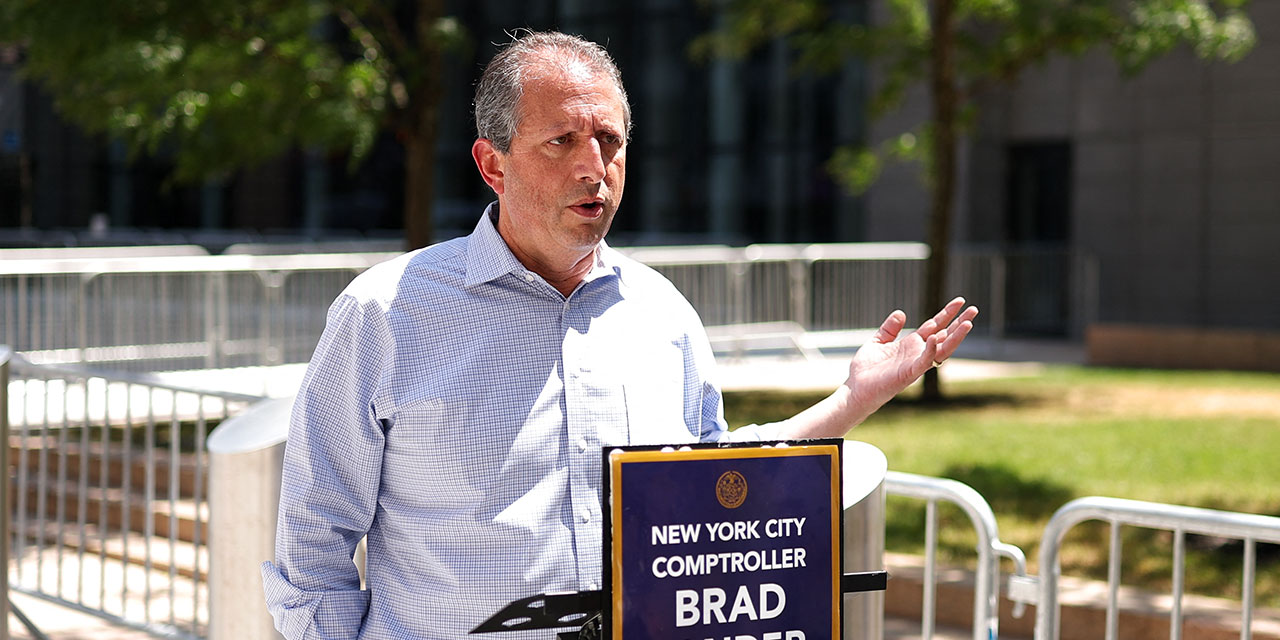
Reading the New York Times account this morning of the sentence passed on Dinesh D’Souza—the filmmaker, writer, and outspoken critic of President Obama—for violating the laws relating to campaign finance, I was horrified to read the following: “As part of his probation, Mr. D’Souza . . . will also be required to undergo therapeutic counseling.” Assuming this to be an accurate report, one can only conclude that America is undergoing a gentle but nonetheless sinister cultural revolution.
From what illness is D’Souza supposed to be suffering? Is it of such a contagious nature that he needs state-mandated therapy, like Typhoid Mary? To judge by the comments left by New York Times readers, not everyone likes D’Souza, and indeed some of the hatred expressed toward him seems—well, almost pathological, at least in the metaphorical sense. Even the preposterous Diagnostic and Statistical Manual of the American Psychiatric Association, which makes patients of us all, could hardly find anything morbid in D’Souza’s conduct. The only justification for forcing him to undergo therapeutic counseling would be if crime were illness. (I leave aside the absurdity of the concept of such counseling itself, in the efficacy of which the judge must presumably have believed as others believe that walking under a ladder is unlucky). This idea has a long pedigree and is far from liberal in its consequences. In the year of my birth, C. S. Lewis published a brilliant essay titled “The Humanitarian Theory of Punishment.” In it, he wrote, inter alia: “Those who hold it think it is mild and merciful. In this I think they are seriously mistaken. I believe that the ‘Humanity’ which it claims is a dangerous illusion and disguises the possibility of cruelty and injustice without end.”
Finally, a reason to check your email.
Sign up for our free newsletter today.
If crime is illness, no limit exists to the treatment that may be employed to cure it and nothing inhibits the use of ferocious remedies to root it out. As Lewis intuited, cruelty may then be disguised as benevolence, and there is no cruelty like that which believes it is doing good.
True, therapeutic counseling is not hideously cruel, though it is likely to be agonizingly idiotic for any intelligent person. Moreover, it is also likely to invite dishonesty on the part of the “treated,” who will be expected to accept the counselor’s point of view without demur, however ludicrous or demeaning it may be. Contestation will be taken as a sign that the patient-criminal is not cured and therefore in need of yet more therapeutic counseling. To enforce therapeutic counseling as “treatment” for a criminal act is a violation of the integrity of the human personality. There are worse violations no doubt, but it is the beginning of a descent down a slippery slope.
Punishment is not therapy; crime is not disease. The Soviets thought that dissent was crime and crime was disease: therefore, with them, dissent was disease. We have not yet reached that point, but “therapy” for illegal campaign contributions is coming uncomfortably close to it.



